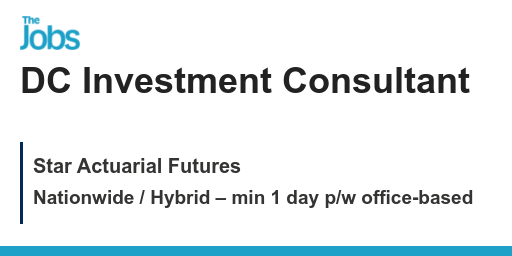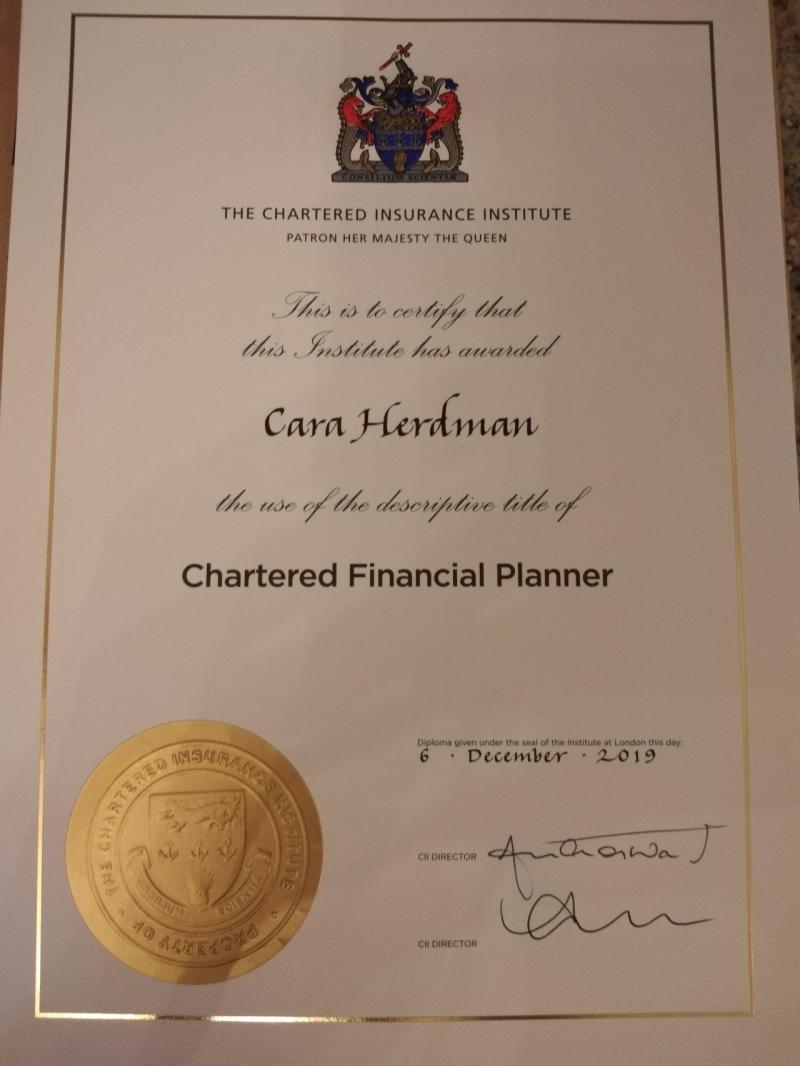
A supply chain consultant is an expert on supply chain management. He or she can assist in setting up your supply chain. The ideal consultant should be well-versed in manufacturing, as well as possess a thorough understanding of the business process. This will help them provide a more practical approach for the project's requirements.
Career path
If you're interested in learning more about how supply chains work, a career as supply chain consultant might be for you. This role requires you to identify areas that require changes and then assist in implementing them. This role involves extensive analysis, since supply chain consultants are required to have a deep understanding of various systems and advanced analytical tools.
Supply chain consulting is a rewarding career that can offer great rewards. Consultants help clients fulfill their customer service promises and maximize profits. However, this is not the right career for every young professional. This job is a complex one that requires extensive analysis. It can also have a direct impact upon the operations of a company.

You can either work for a consulting firm or business-tobusiness service provider as a supply chain consultant. Some accounting firms offer consulting services. Online job postings for supply-chain consultants are readily available. In the right time supply chain consultants may be able to move up to more senior positions and earn higher salaries. Senior consulting positions are not common.
Education requirements
While the educational requirements for supply chain consultants are varied, the minimum requirement is a bachelor's. While business is the most preferred major, there are some colleges that offer a supply chain management specialization. Candidates can also specialize within a specific industry, such manufacturing, transportation, and government projects.
Supply chain consultants often work with other people, such as production and procurement directors. They need to be able to motivate and work together to achieve common goals. Because they are responsible for leading a group of people, developing leadership skills is a plus. These skills will help you in managing projects and teams.
Clients can rely on supply chain consultants to streamline their logistics networks. They work with management teams to identify problems and ways to improve efficiency and reduce costs. They consult with clients to assess their processes and suggest alternative solutions. To do this, they must be able to communicate well and have strong analytical skills.

Salary
A supply-chain consultant works with companies to optimize logistics, coordinate processes among multiple domestic and overseas distribution centers, and so on. This position pays an average of $60,146 per annual, but it can also range from $31,000-$89,000. They manage the company's purchasing department and analyze historical data in order to find potential suppliers and vendors. They manage suppliers and negotiate contracts once they are in place.
The combination of many factors influences the salary of a supply chain manager. The education and work experience of supply chain professionals will impact the average salary. The accuracy of salary figures found on salary comparison websites is not guaranteed. You should always confirm salary figures with your potential employer.
Many job titles fall under the umbrella of supply chain consultant. A supply chain manager can be either attached to another department or a standalone position. These professionals set the company's purchasing policy. They help companies maximize their profits by helping them achieve their goals. Another position within the supply chain is the Purchasing Assistant, which manages the administrative aspects of purchasing, including follow-up with suppliers and customers. The Purchasing Assistant works with the Supply Chain Manager, Operations Buyer and manages the procurement process. Lastly, they can work with the Transportation & Logistics Buyer, which specializes in the negotiation of transport and storage equipment.
FAQ
How do I start an LLC consultancy business?
You must first figure out what you want to do as a service provider. Then, make sure that you are qualified for these services. You might find someone who does the same thing you are interested in and learn from them.
Once you know your product/service, you should start looking for the right market. If they don't exist, you might have to make them.
You must then decide whether you want your business to be run by you or hired others.
You could also consider starting your own consulting company by getting a license from the state, but this requires quite a bit of paperwork and legal fees.
What is the difference?
A consultant is an advisor who gives information on a particular topic. A consultant can offer solutions.
Consultants work directly for clients to help achieve their goals. A consultant provides advice to clients through books and magazines, lectures, seminars, and other means.
What can I expect from my consultant?
Within a few days of selecting your consultant, you can expect to hear back. They will typically ask for information about the company, such as its mission, goals. products and services. budget. After receiving this information, they will prepare a proposal outlining their scope of work, estimated timeline, fees, deliverables and milestones.
If everything goes as planned, then both parties will agree to a written contractual agreement. The type relationship between the two sides (e.g. employee-employer or independent contractor-employer) will dictate the terms of the contract.
If everything goes smoothly, the consultant can begin work immediately. He/she will have immediate access to your internal documents, resources, and you'll be able to access his/her skillset and knowledge.
You shouldn't assume, however, that every consultant is an expert in all areas. To become an expert in any field you consult, it takes practice and effort. Your consultant should not assume that they know everything about you business.
Consulting is it a job?
Consulting isn't just a career option for those who want to earn quick money. It's also a great place to gain valuable skills and build a foundation you can use in your future work.
There are many options for consulting. These include project management, business strategy, strategy, leadership, and training. Projects could include small start-ups or large international corporations.
Consulting gives you the chance to grow and develop your skills. This could involve learning to manage and negotiate teams, write proposals or manage budgets.
What skills do I need for consulting?
A consultant should have strong analytical skills as well as interpersonal skills. This is because you could be asked questions or not know what you are doing. You need to be able to manage people quickly and solve problems efficiently.
Communication skills are essential. Most clients expect an answer within 24 hours. If they don't hear back from you, they assume you aren't interested. It is crucial that you keep them up to date and make sure they know what's happening.
Statistics
- My 10 years of experience and 6-step program have helped over 20 clients boost their sales by an average of 33% in 6 months. (consultingsuccess.com)
- 67% of consultants start their consulting businesses after quitting their jobs, while 33% start while they're still at their jobs. (consultingsuccess.com)
- "From there, I told them my rates were going up 25%, this is the new hourly rate, and every single one of them said 'done, fine.' (nerdwallet.com)
- According to statistics from the ONS, the UK has around 300,000 consultants, of which around 63,000 professionals work as management consultants. (consultancy.uk)
- On average, your program increases the sales team's performance by 33%. (consultingsuccess.com)
External Links
How To
How do I find a good Consultant?
Finding a great consultant starts with understanding your expectations. Do you want them to help you improve your website's performance? You want them to optimize the site for search engines to make it rank higher. Maybe you are looking for someone to point out any problems with your current web host. Once you know what type of services you need, you should start looking at different companies. Many consultants claim that they can offer these services. But only a small percentage of them are able to deliver. How do I choose one? Here are some tips to help you choose a consultant.
-
Ask for referrals. This is the best way to select a consultant. Hire someone you don't know because they're likely to charge too much. However, you shouldn't work with someone with poor reputations. You're fortunate enough to receive referrals from people you trust. You might also be able to find reviews online even if there are no referrals. Find testimonials and case study examples from customers who have used your product.
-
Ask around. Many people don't realize that consulting could be beneficial for them. Many people believe that they are doing well and don't need any changes. However, this is usually untrue. Even if results are good, there is a chance you haven’t been keeping up-to-date with new trends and technologies. Relying on outdated methods will prevent you from maximizing your potential for growth. It's always worth asking around to see if anyone knows of a good consultant.
-
Check their qualifications. No matter how small your project is, it's important to ensure that the consultant you choose has the necessary skills. It doesn't matter if they are qualified for the task or not; make sure they are knowledgeable in the field.
-
Find out the type of projects they specialize. This is false. Some areas require specific types of training or education. You won't hire a Drupal developer if you need to build a WordPress template. It is the same for programming languages, graphic design, and so on. It is important to inquire about the types of projects that they work on.
-
It is important to know what the charges are. As we mentioned, it is important to know what they charge. You also don’t want to spend too little. Consultants come from all walks of life. Some charge hourly rates while others bill per project. It's cheaper to know upfront what you are paying than later.
-
Learn what they offer. Are they willing to provide free consultations? Can they provide advice on how to setup your own system? Is there a guarantee that your site will rank higher after working with them? If you don’t like the information you receive during your consultation, you can cancel it without penalty.
-
Find out if the company offers discounts for several months or years. Many consultants offer discounted pricing for extended time periods. You may not need to commit to a full year, but you may also take advantage of whatever deals they offer.